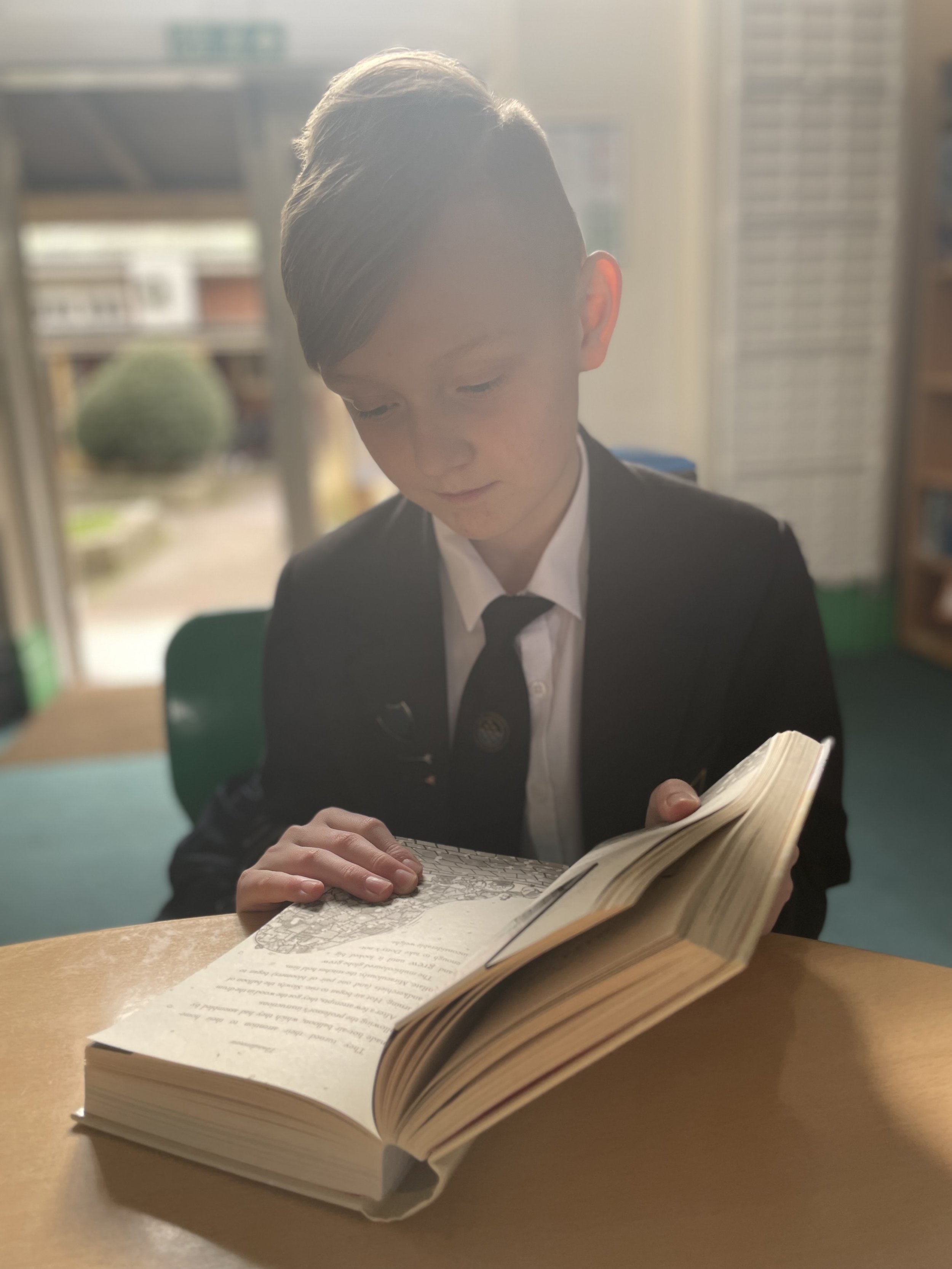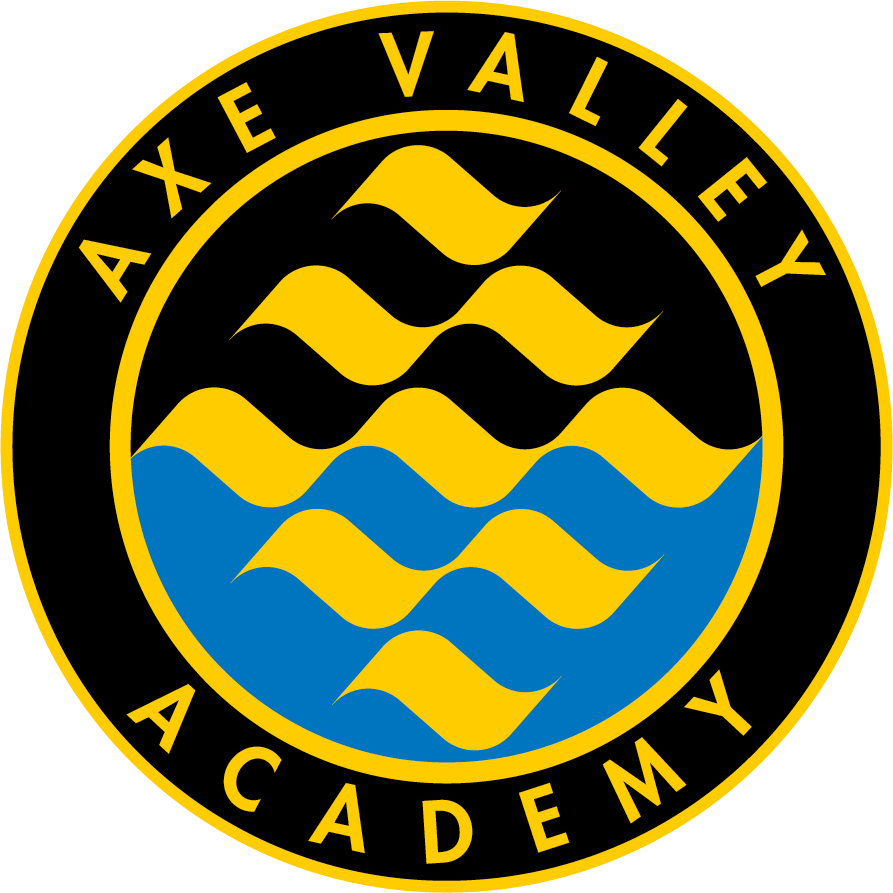
Literacy
Literacy Across the Axe Valley Curriculum
At Axe Valley we aim to provide an excellent education. A key pillar of an excellent education is literacy: the ability to read perceptively and critically; write with nuance and accuracy; and to speak with confidence and persuasiveness. It also involves expanding vocabulary. It has been estimated that to access an undergraduate degree course, students need a vocabulary of 43 000 or more words. All our students should have that option by coming to master general academic language as well as subject-specific vocabulary.
Literacy is vital to all subjects: it is not only an outcome of a successful English education. Becoming great at geography, for example, means becoming great at reading, writing and speaking about geography.
We Love Reading
As Mark Twain put it: “A person who does not read has no advantage over someone who cannot read.”
In Key Stage 3, half of homework time is devoting to reading. Half of our tutor group time is devoted to reading full books (the AVA Canon) or our specially curated anthology, together as a group. We also make a conscious effort to include extensive reading across subjects as a method to teach our subjects – both in lessons and for homework.
Our library is very well-stocked and our librarian supremely knowledgeable; students are always encouraged to choose a book to borrow and join a library-based club. We also run reading-linked competitions and one of our House Cups is the Reading Cup.
We assess reading ability at regular intervals in Key Stage 3, allowing us to identify students who require further diagnostic testing and reading intervention. After all, if a student struggles to decode words (to read), they will struggle to access the curriculum in general, so we ensure such students catch up.
How Parents Can Help
It helps to note that reading a lot is positively correlated with better academic outcomes, better behaviour in school and better mental health. You can support your child with reading, for instance by:
- Talking about books and reading with them, including checking the reading record in Key Stage 3. Remind them that reading is fun – a form of entertainment just as good as (or better than!) watching TV or playing games.
- Reminding your child that the more they read, the cleverer they’ll get.
- Helping them choose books to read. You can direct them to our school librarian if you are out of ideas.
- Listening to them read from time to time – there’s no need to leave that behind with primary school!
- You could say… “Have you been bored at any point in the last week? You could have been reading in that time!”
Oracy Standards – How We Speak in Classrooms
Oracy is the ability to express oneself clearly and accurately when speaking. Oracy helps people get on in life: socially, in their education and their career. Our classroom expectations for oracy can be summed up like this:
· Project your voice so everyone can hear you
· Articulate: pronounce every word clearly
· Name the subject: say what you’re talking about, rather than using ‘it’, ‘they’, ‘he’, ‘she’…
· Eye contact. Speakers: look around at your audience, the class. Listeners: look at the speaker.
